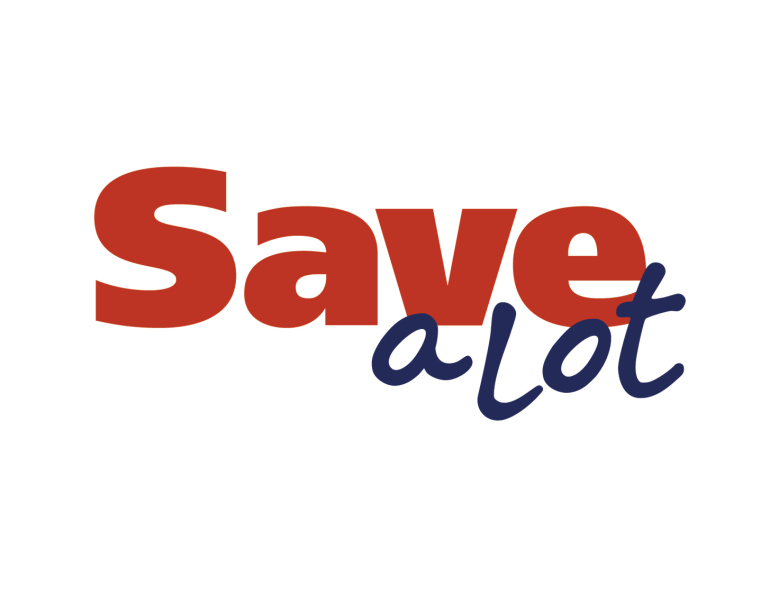Caribbean Countries Receive US$8 Million to Reduce Health Risks arising from Toxic Chemicals11/7/2016 Caribbean Countries have received US$8 Million to Reduce Health Risks arising from Toxic Chemicals. Exposure to toxic chemicals found in household cleaning products, processed foods & even clothing, can severely damage a person’s health.
Dr. Ahmad Khan, Director, Basel Convention Regional Centre for Training and Technology Transfer for the Caribbean (BCRC-Caribbean) stated that some pesticides, cleaning agents and industrial chemicals contain hazardous properties, which can cause cancer, developmental delays, dysfunction of the reproductive organs and reduce immunity. Dr Khan explained that one particular group of these toxic chemicals is referred to as Persistent Organic Pollutants (POPS). He added that exposure to POPS can be through direct contact with the chemicals, consumption of contaminated foods or environmental exposure (by air, water and soil). In light of this, Dr Khan emphasized the need for the Caribbean region to make the management of toxic chemicals to protect human health and the environment a priority. Recognizing the importance of this issue, BCRC-Caribbean in collaboration with the UN Industrial Development Organization (UNIDO), prepared a project document outlining the work required to strengthen the capacity of Caribbean countries, to manage POPS. They also approached the Global Environment Facility (GEF) & were successful in acquiring approximately US$8 million dollars to support the project. The Caribbean Public Health Agency (CARPHA) will implement the necessary activities to assist eight (8) Caribbean territories update their National Implementation Plans (NIPs) for POPS management, which includes the conduct of in-country POPs inventories and related capacity development. CARPHA Executive Director, Dr. C. James Hospedales, also pledged his commitment to reducing the Region’s risk. He said “The execution of this project will help strengthen the capacities of Member States to better manage hazardous chemicals with a view to implementing environmentally sound mechanisms for the storage, abandonment of use, identification of alternatives to use and final disposal/destruction of these types of chemicals.”
0 Comments
Your comment will be posted after it is approved.
Leave a Reply. |
Q95 NewsCurrent and past news stories. Archives
July 2024
Categories |
ServicesAdvertising • Marketing • Promotions
News • Talk shows • Factual, Fair, Balanced Health • Advice • Events * Youth * Nutrition Kiddies program • Political views * Economy Information • Education • Entertainment |
|
|
Proudly powered by Weebly
|
Copyright.© 2000. All rights reserved. • WICE / Q95FM Radio, 10 Hanover Street, Roseau, Dominica • 1.767.448.5822 • 305.906.4216 • 347.430.4261
Designed and developed by Nicholes Designs


 RSS Feed
RSS Feed

































